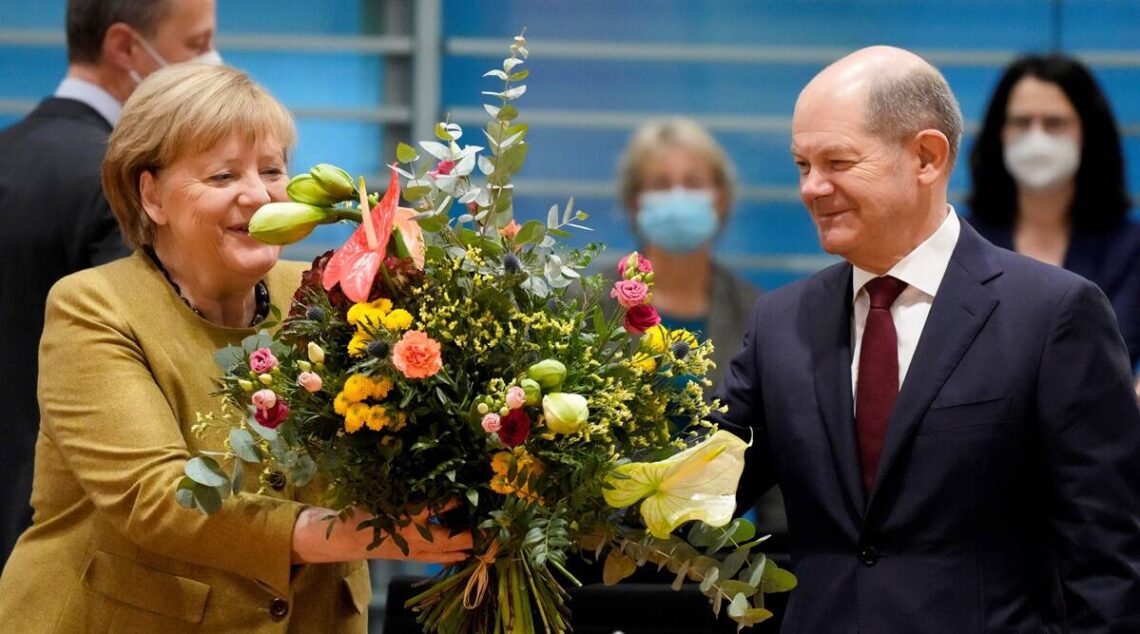WHO IS ANGELA DOROTHEA MERKEL?
Angela Dorothea Merkel is the first female chancellor of Germany and one of the greatest women leaders of the 21st century. She has often been called the de facto leader of the European Union and the most powerful woman in the world.

HOW DID SHE RISE TO POWER?
She was the leader of the Christian Democratic Union (CDU) from 2000 to 2018 and has been serving as the chancellor of Germany since 2005. She was the leader of the Opposition from 2002 to 2005.
Born in Hamburg in then-West Germany, She obtained a doctorate in quantum chemistry in 1986 and worked as a research scientist for three years. Merkel entered politics at the age of 35 in the wake of the Revolutions of 1989 often called the fall of communism. She climbed the ladder of the Christian Democratic Union and became its leader in 2000. All the men in the party and politics could not have thought that a woman from the east can rule a country and that too for 16 years.

She worked on strengthening the country’s foreign relations and thus emphasized international relations with world organizations such as the EU and NATO. She had been able to elucidate many crises through her signature style of calm rationality and caution. Later, she faced the first global financial crisis in 2008 and handled the situation well, thus increasing people’s trust in her leadership.
In 2014, she mediated between Russia and Ukraine. In 2015, she made one of the most important decisions of her career by opening the doors of Germany for thousands of migrants from Iraq and Syria, despite severe opposition from other western nations and public backlash.
WHY THE CHANGE IN POWER NOW?
In 2017 Angela Dorothea Merkel decided not to recontest in the elections and decided to pass the baton.
On November 24th, Leaders from Germany’s Social Democratic Party, Green and free democrats and the pro-business party formed their new ‘Traffic-Light’ coalition based on their party’s colours: red, yellow and green.

WHAT ARE THE POLICIES LAID DOWN BY THE NEW GOVERNMENT?
The hypothesis that three distinct parties will agree upon the same policy of ‘modernizing’ the existing political system of Germany seems unsettled. The new government will come into power amid the difficult period of the COVID-19 pandemic. It will face challenges from all fronts: political, economical and foreign policy. The coalition has decided to make Germany carbon-neutral by 2045, given currently it is not even meeting its “emission reduction commitments”.
On foreign policy, the parties have decided to provide more independence on energy, security, and other international issues. Along with this, they have decided to bring down the voting age from 18 to 16 years. Under the new plan, immigrants will be allowed dual citizenship.
The future of Germany now lies in the hands of the new government. Given the rise in Covid cases and economic setbacks globally, the hopes of people lie in the policies and actions of the new government.
Also Read: Mine Mishap: 52 killed in an accident at Russian Mine












